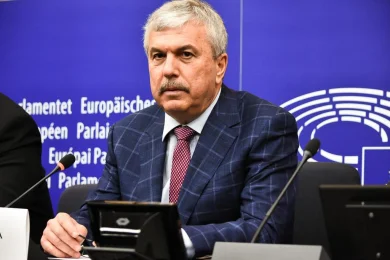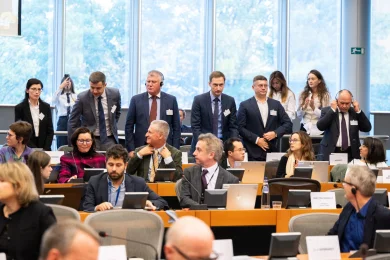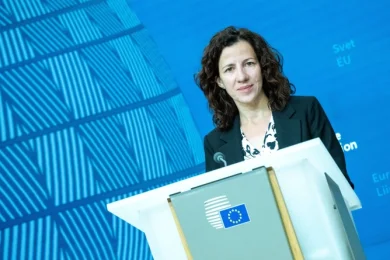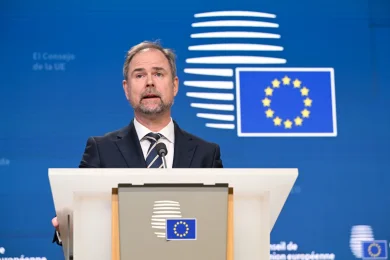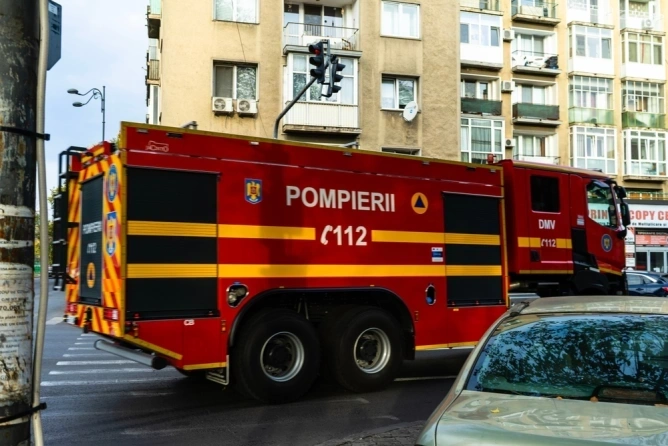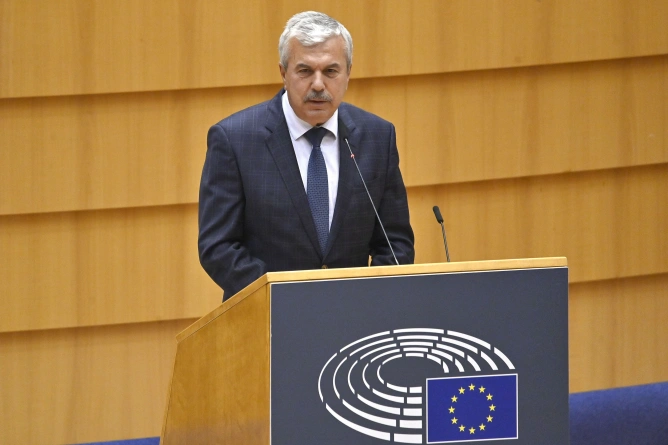
Brussels, November 6, 2025 – The European Parliament has appointed MEP Dan Nica (S&D, Romania) as the main co-rapporteur together with MEP Christian Ehler (EPP, Germany) for the European Competitiveness Fund (ECF), the central instrument of the future Multiannual Financial Framework 2028–2034, with an estimated value of 234.3 billion euros.
The Fund will bring together in a single strategic architecture 14 major European programs, including Horizon Europe, InvestEU, Digital Europe, LIFE, and the European Defence Fund, aimed at stimulating investments in research, industry, digitalization, energy, and security. ECF is designed as an integrative mechanism for the reindustrialization of Europe, strengthening economic and technological competitiveness, and reducing external dependencies in critical sectors.
“The European Competitiveness Fund is not just a budgetary exercise, but a political choice for a Europe capable of defending its economy, industry, and jobs,” said Dan Nica, rapporteur of the European Parliament.
According to the presented framework, the Fund will be organized around four major investment axes, aimed at supporting the economic and technological transformation of the European Union. The first focuses on clean transition and industrial decarbonization, with a budget of 26.2 billion euros, by supporting green technologies and modernizing energy-intensive industries. The second direction, dedicated to health, biotechnology, agriculture, and bioeconomy, will benefit from 20.4 billion euros and will stimulate innovation in essential areas for food and medical security. The third component, focused on digitalization and artificial intelligence, has allocated 51.5 billion euros and aims to strengthen Europe’s digital autonomy and develop advanced skills. The largest part of the budget, dedicated to resilience, security, defense, and space, totals 125.2 billion euros and will enhance the industrial and technological capacities of the Union in the face of new geopolitical and security challenges.
Through these funding lines, ECF will support the objectives of the Clean Industrial Deal initiative, will integrate the future Bank for the Decarbonization of Industry, and will finance strategic projects in infrastructure, innovation, and skills. The goal is to create a coherent framework for European investments that will accelerate the green transition, strengthen energy security, and stimulate innovation in strategic industries.
For Romania, Dan Nica emphasized that the new fund represents "a concrete and significant opportunity" for modernizing energy-intensive industries, developing energy infrastructure and interconnections, but also for providing SMEs access to flexible financial instruments. The Fund will also allow for broader participation of Romanian companies and research institutes in joint European projects in the fields of defense, security, and emerging technologies.
The negotiations that Dan Nica will lead with the Council of the European Union will establish the final form of the regulation, which will subsequently be put to a vote in the plenary of the European Parliament. Approval is expected in 2026, for the Fund to become operational with the start of the new multiannual budget (2028–2034).
For Romania, the Fund could open significant funding opportunities for modernizing heavy industry, developing energy infrastructure, and digital innovation, areas where the country has high convergence potential. Economic and energy ministries, technical universities, and research institutes will be able to access future project calls, and innovative SMEs will benefit from flexible support schemes similar to those in InvestEU. By actively participating in ECF, Romania can strengthen its position in European value chains and attract strategic investments in areas such as clean energy, artificial intelligence, and defense.
